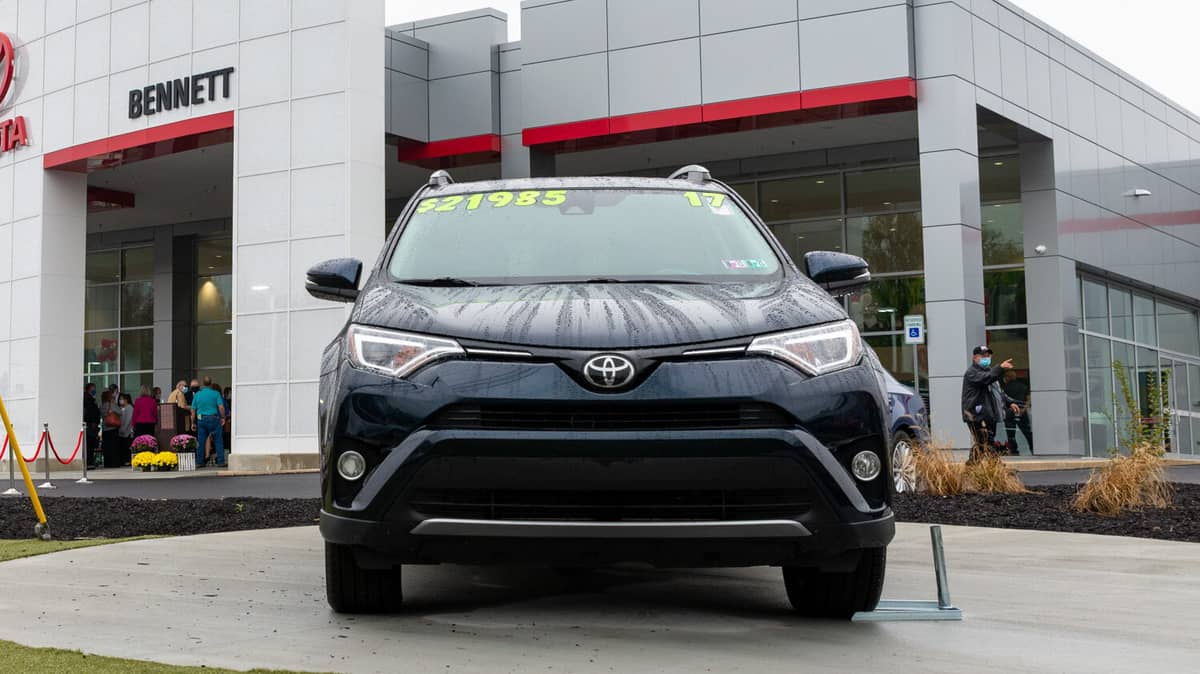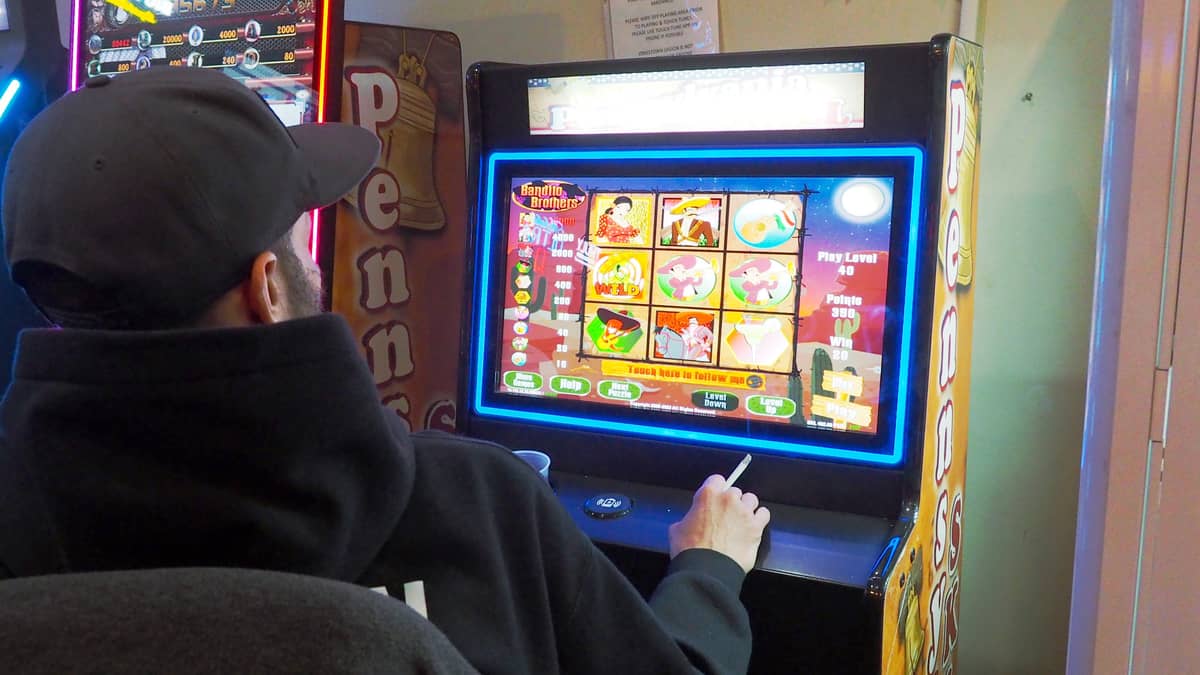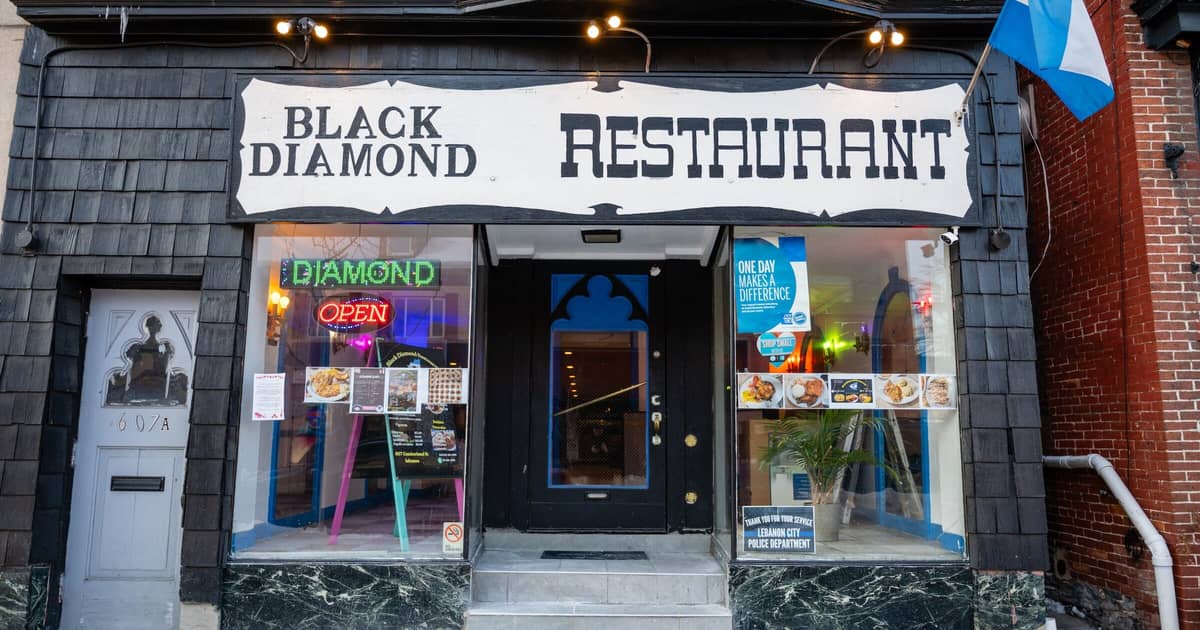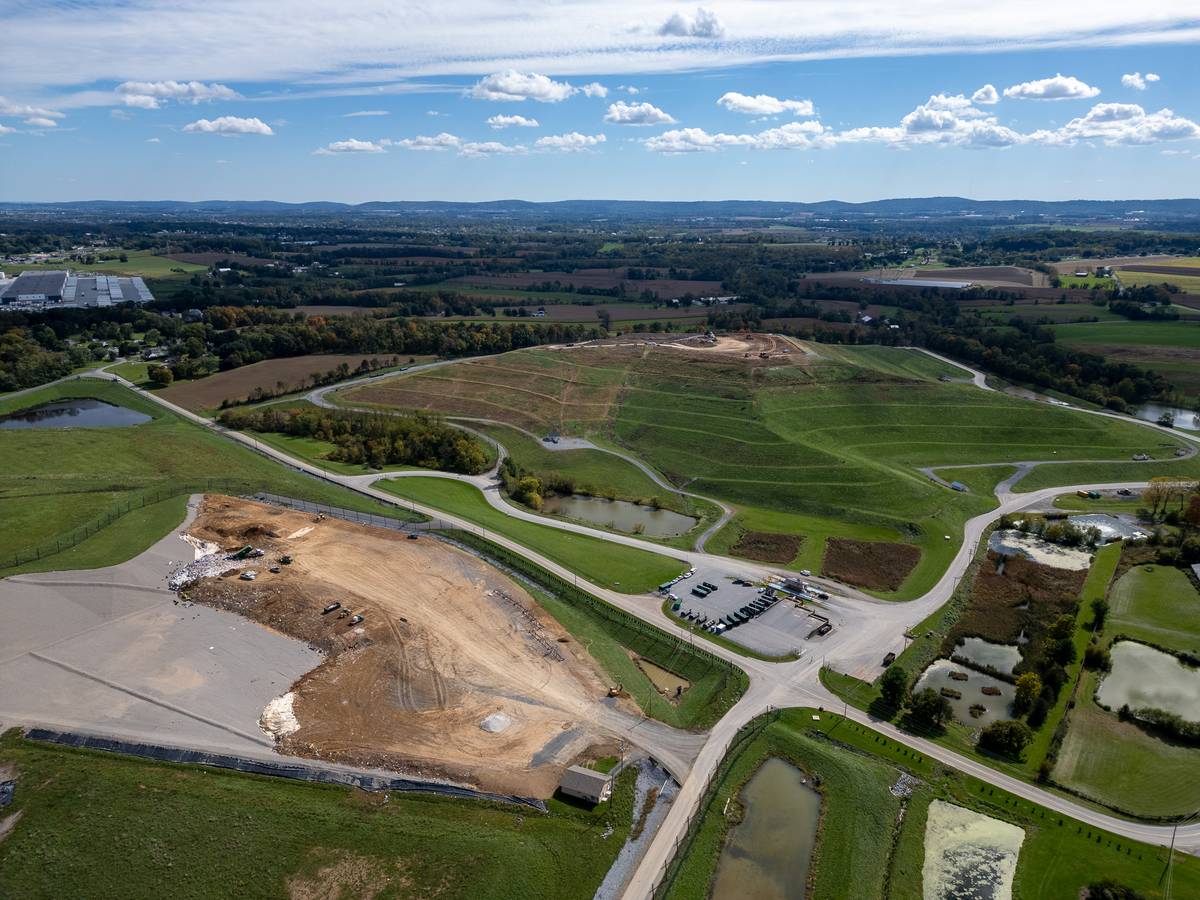The well-publicized global microchip shortage that’s cutting into car manufacturers’ output is impacting Lebanon County’s auto dealers.
“It’s affected us greatly,” said Patrick Lewis, president of Klick Lewis in Palmyra.
While used cars are plentiful on-site, the dealership typically has 120 new cars on the lot this time of year. Because of the shortage, “we now have 35 on the ground,” he said.
“The problem is ubiquitous,” said Jamie Hanford, president and CEO of Ladd-Hanford in Lebanon. “We’re stocking about half what we would.
“We’ve really never seen anything like this.”
Numerous calls and emails were sent to other local car dealers as well, but Lewis and Hanford were the only ones who spoke to LebTown. While vehicle supply is limited, both report that demand is red hot.
COVID-19 exacerbates microchip shortage
In an Aug. 9 article, Popular Science explained that these microchips, or semiconductors, “function as the brains of our electronics” and are the “lifeblood of modern society.”
Demand was already exceeding supply, but when factories shut down because of COVID- 19, the materials needed for chip production were unavailable for months, the article explained. Orders began to pile up and the backlog exploded.
Asian ports also shut down due to the pandemic, worsening the situation.
As a result, the auto industry is being seriously affected, with U.S. manufacturers estimated to make at least 1.5 to 5 million fewer cars this year, the article said.
The New York Times reported in a July 15 article [paywall] that, as COVID-19 cases and deaths rose in the spring of 2020, automakers shuttered their North American plants for nearly two months.
“Since their plants were down and they expected sales to come back slowly, they ordered fewer semiconductors … and many other components of modern cars and trucks,” the Times reported.
Meanwhile, consumers stuck at home started purchasing laptops, smartphones and game consoles, which also use microchips. So, when automakers reopened their plants, fewer chips were available, the Times explained.
Now, car dealers are experiencing a shortage of inventory combined with robust demand, the latter of which is due to an improving economy, low interest rates, high savings and government stimulus payments.
The result is rising car prices. According to an Aug. 18 article by Cox Automotive, the average listing price for used vehicles was $25,500 at the end of July. A month earlier, it exceeded $25,000 for the first time. The average transaction price for a new car — what buyers pay after everything is factored in — jumped to a record $42,736 in July.
Patrick Lewis cautioned that the price increase “has a lot to do with what’s available.” Dealers want to stock less expensive used vehicles, for example, but they can’t be found.
Some in the media are reporting it is a bad time to buy a car, but that isn’t true, Lewis said. While vehicle prices are climbing, trade-ins are worth more money, too, he said.
Consumers are smart purchasers who do their research. Their biggest hurdle is finding the car they want, Lewis said.
Adapting to the situation
The lack of inventory does make satisfying customers more difficult because options and availability are limited, he said.
“Manufacturers keep telling us it’s going to get better,” Lewis said. “It hasn’t — yet.”
A Chevrolet Buick dealership, Klick Lewis sells more used cars than new ones, he said.
Much of the supply typically comes from Hertz, but the dealership has had to look elsewhere, including buying more cars off the street and from auction sources, Lewis said.
When COVID-19 hit last year, Klick Lewis shut down but didn’t lay off anyone, so “we could scale up quickly” when things opened up, he said.
Then, about six to eight months ago, they were confronted with the microchip issue.
Basically, there’s been “a ton of uncertainty” in the last 17 to 18 months, Lewis said.
Prior to the shortage, Klick Lewis sold an average of 150 used cars and 50 new cars a month. Currently, they sell 140 used and 40 new, he said. So even with the extreme inventory shortage, sales aren’t far from normal.
“We chose to run at the situation,” Lewis said.
There’s still plenty of demand in the marketplace, he said. “People have cash.”
“Dealers that have survived the best,” Lewis said, have “done the right thing” and taken care of their employees and customers.
Pressure on inventory started in the fall, said Hanford. One noticeable shift is in customers’ buying habits.
They’re much more flexible when it comes to colors and options, he said. Also, about 25% are purchasing vehicles through factory order, which requires more patience. Normally, that figure is 0 to 5%, Hanford said. “It’s helped a lot of customers.”
Ladd-Hanford has three dealerships: Chrysler Dodge Jeep Ram, Kia and Mazda. It sells more new cars than used ones.
Manufacturers are going where the profit is, and that’s why dealerships are able to get more expensive vehicles, such as the Dodge Ram, he said.
Future allocations are based on how quickly a dealership turns over inventory, Hanford said.
For the last year, customer demand has been “red hot,” he said, and inventory is moving quickly.
The microchip problem, however, is not going to improve in 2021, Hanford said. “We’re hoping for some relief the first or second quarter of next year.”
Questions about this story? Suggestions for a future LebTown article? Reach our newsroom using this contact form and we’ll do our best to get back to you.

Be part of Lebanon County’s story.
Cancel anytime.
Monthly Subscription
🌟 Annual Subscription
- Still no paywall!
- Fewer ads
- Exclusive events and emails
- All monthly benefits
- Most popular option
- Make a bigger impact
Already a member? Log in here to hide these messages
Local news is disappearing across America, but not in Lebanon County. Help keep it that way by supporting LebTown’s independent reporting. Your monthly or annual membership directly funds the coverage you value, or make a one-time contribution to power our newsroom. Cancel anytime.























